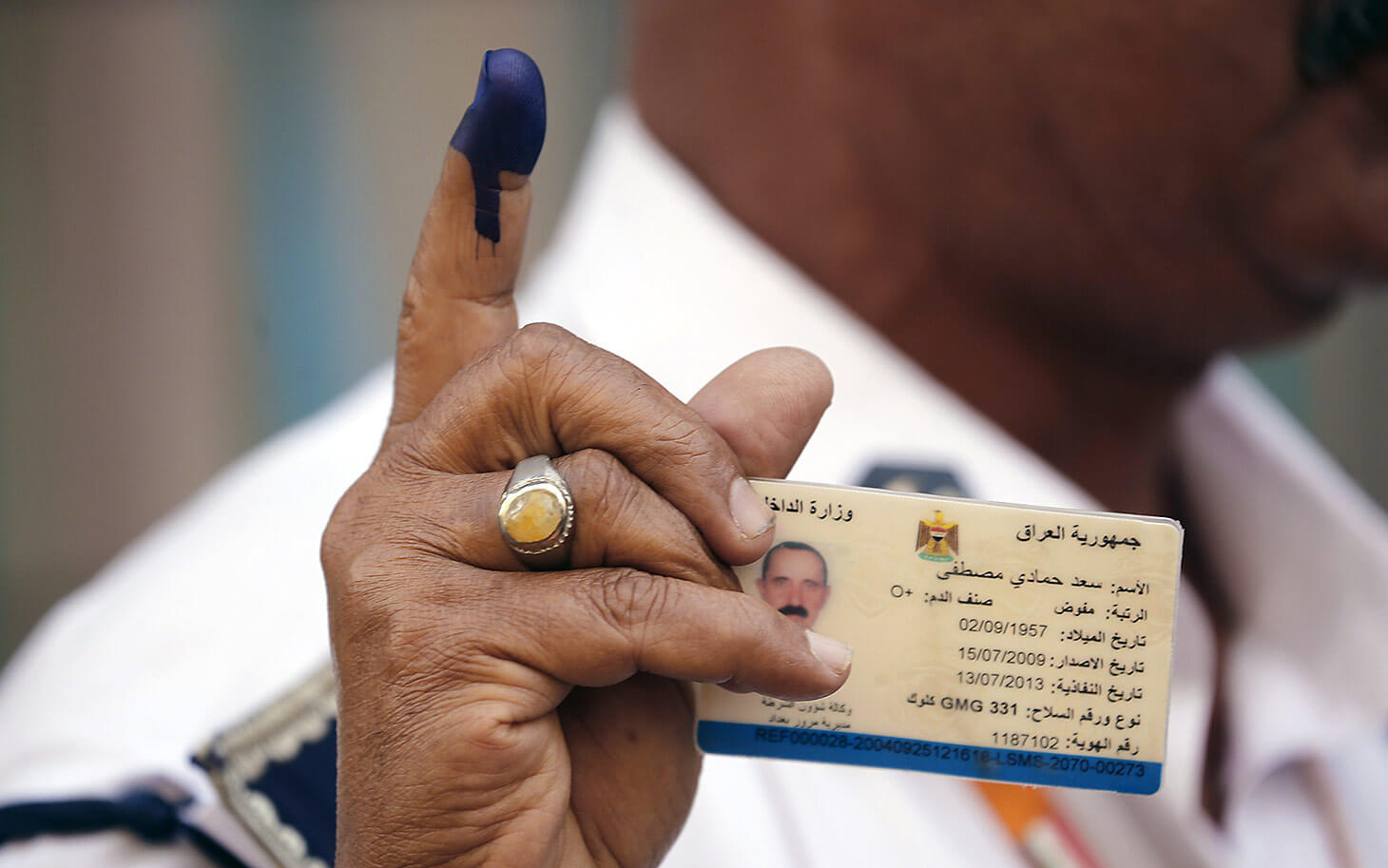Mohammad Baqer Sedaghat, speaking in an interview with the website of the Strategic Council on Foreign Relations, stated that in the early parliamentary elections in Iraq, which are scheduled to be held on October 10, we will be witness to the competition of three currents or spectrums which can be classified into three categories: Shiite Islamic parties, Sunni and Shiite secular parties, and Kurdish parties.
Surveying political factions
Saying that we are facing two new phenomena in that election, he added: The second spectrum; given the inefficiency of previous governments, we will be witness to the presence of seemingly independent figures and possibly their rise to power in the elections. In that elections, the parties that were in power in the previous periods, with a new approach, will participate people in the competitions who do not seem to be affiliated with the parties so that they do not inherit their notoriety, but are in fact close to them.
The Iraqi affairs analyst said: The third group or spectrum we are witnessing their role playing in the elections are the people affiliated with the October 2019 demonstrations, who were influential in that period. Of course, this spectrum has problems; some of the figures have turned to or been attracted to the existing parties, which are generally secular or Sunni; or have represented them in the protests from the beginning. Another problem that the group has faced in recent months is the assassinations we have witnessed in recent months against them. For this reason, we are witnessing the retreat of the leading people of this movement.
Sedaghat continued by pointing to the efforts of some political currents in Iraq to postpone the elections and said: The requests for postponement in the elections go back to the October 2019 demonstrations.
He said: They were trying to achieve their goals through early elections immediately after the 2019 demonstrations; however, due to lack of space for those goals, the elections were not held at the desired time and were delayed.
He added: Gradually, the conspiracies and plans became clear and the goals of some foreign parties, including the United States, Saudi Arabia and the UAE, in the economic and political fields were not achieved. Therefore, the upcoming elections, are no longer desirable for the main actors of the 2019 protests; therefore, they try to postpone it in order to ensure the victory of the prime minister and be able to participate in the elections in the best possible way by gathering their forces.
According to Sedaghat, since this group does not have the political power to fight and influence the will of legal decision-makers by holding elections and cannot influence the decisions made in the parliament, it may try to postpone the elections by other means, including withdrawal of one opposition party after the other in the elections.
The researcher of the Mersad Research Institute, referring to the announcement of the withdrawal and boycott of the elections by Muqtada al-Sadr, the Communist Party, and Ayad Allawi, said: It seems that continuation of this process will obscure holding of the elections on 10 October. Some argue that if they fail to force their political rivals to postpone the elections, they will create security problems to convince the Independent Electoral Commission that the space is not conducive to early elections.
Sedaghat added: Therefore, as we approach the set date, we may see an increasing number of suicide operations and explosions in different parts of Iraq. The closer we get to the elections date, the more likely is that by postponing the early elections, the elections will be held at its original due date, mid-2022.
Sedaghat, saying that the popular acceptance of Sadr movement has decreased compared to 2018, continued: Most Iraqi experts believe that the Sadr faction will therefore win fewer seats in the upcoming elections especially with the inefficiency of ministries such as health and electricity and the central bank, which were in the hands of people affiliated with that movement in the Kadhimi government, those analysis have become more serious.
He also clarified the impact of the debates on the withdrawal of US troops from Iraq in the elections process and its results, adding: The psychological atmosphere that formed in Iraq in late 2019 and 2020, during which for the first time a direct confrontation between Iran and the US happened militarily, created a very good ground for those who wanted to create bipolarity. They are looking to reap the fruits of that bipolarity in the elections. As we have seen the meeting of some Sunni leaders in Iraq and their emphasis on the need for continued US military presence in that country.
Regarding the possible turnout in the upcoming elections and their attention to the democratic process in Iraq, despite the political atmosphere in that country, Sedaghat said: In 2018, the turnout was very low and about 45% of eligible voters participated in the elections. If we intend to look at the elections by ignoring cancellations and sanctions, it seems that the turnout will be lower than in 2018.
The analyst of Iraq affairs, regarding the possibility of fulfilling the livelihood demands of the people and political stability with the upcoming elections and addressing the protests of the people in that country, said: The processes that exist in the Iraqi systeme for the proper implementation of the constitution in that country are extremely inefficient and problematic. Some see those processes as a legacy of the US presence and their state-building.










0 Comments